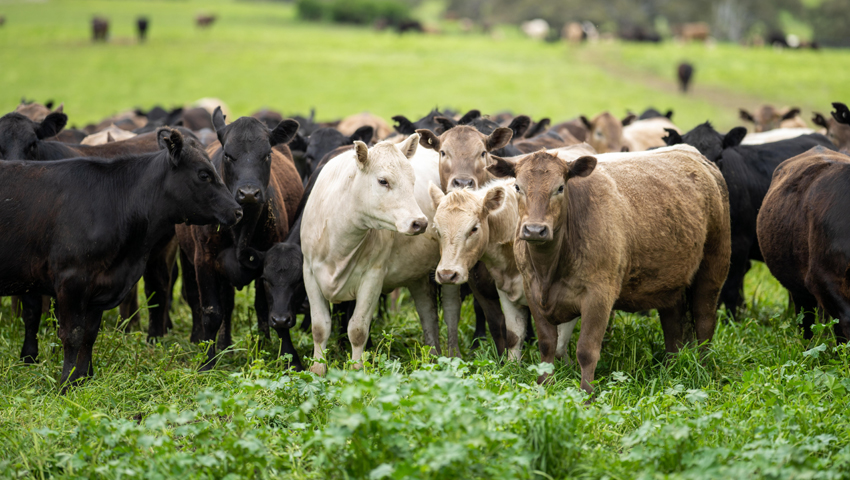25 LEADING philanthropies today issued a joint call for a tenfold increase in funding for regenerative and agroecological transitions to address urgent global agricultural and environmental challenges.
Together these philanthropies urge that to align food systems with the 1.5ºC goal of the Paris Agreement there is a need to phase out fossil fuel use, especially fossil fuel-based agrochemicals in industrial agriculture, and transition toward agroecology and regenerative approaches.
Supporting this call to action, participating philanthropies today released a new report, “Cultivating Change: Accelerating and Scaling Agroecology and Regenerative Approaches,” which highlights the transformative potential of regenerative, agroecological, and Indigenous food systems and calls for a substantial increase in funding to 2040 and beyond.
Commissioned by philanthropic foundations active in food systems transformation, the research shows that a tenfold increase in investment is required to transition to more resilient, diverse, equitable, and healthy food systems:
- The estimated cost of a global transition to agroecology and regenerative approaches is USD 250-430 billion per year, less than 5% of the hidden costs of at least USD 12 trillion per year – 10% of global GDP – that include hunger and malnutrition, environmental damage, lost worker productivity, and health care.
- Current philanthropic, public, and private investments in agroecology and regenerative approaches are estimated to be USD 44 billion per year leaving an estimated USD 206-386 billion gap. A tenfold increase is required to support this much-needed transformation.
- Out of USD 635 billion in annual public agriculture subsidies globally, over half (USD 385 billion) result in harmful environmental impacts, and work against a transition to regenerative, agroecological food systems.
- Shifting these subsidies toward agroecological and regenerative approaches is critical.
Per Heggenes, Chief Executive of the IKEA Foundation, said, “Our current food systems are not working for people and the planet. We call on civil society, governments, investors, and other donors to work with us to unlock the innovative partnerships and investments that we urgently need to scale up agroecology and regenerative approaches.”
Investment at the scale proposed would mean half of all food produced could be regenerative and agroecological by 2040, and all would be transitioning to more sustainable approaches by 2050. The return on investment would be high and exponential.
Evidence from around the world has shown that land and aquatic food systems managed for health, equity, and sustainability result in a cascade of positive results, from more stable yields, crop resilience, and higher incomes for farmers, fishers, and food producers, to improved nutrition and food security and enhanced biodiversity.
Michelle Gortan, Chief Executive Officer, Macdoch Foundation, said, “Philanthropy is catalysing pathways for transition to regenerative and resilient agriculture all over the world. Governments, the private sector, and those that finance agriculture must now urgently work to support this shift and commit to investing in the people who manage our landscapes, and grow our food and fibre, every day.”
Regenerative and agroecological food systems are under-resourced, with public and private subsidies and investment instead propping up fossil fuel–intensive food systems that are exacerbating climate change, driving biodiversity loss, and eroding public health. Food systems account for one-third of greenhouse gas emissions and at least 15% of fossil fuel use. Yet only 3% of climate finance is allocated to food systems and an even smaller fraction to farmer, fisher or Indigenous-led organisations. Climate finance must be scaled and directed toward agroecology and regenerative food systems.
Sara Farley, Vice President, Food, The Rockefeller Foundation, said, “We need a systemic and sustained approach to addressing the interlocking crises we’re facing. The costs of climate and biodiversity crises, food insecurity, and inequality are already being paid for by governments, taxpayers, and the most vulnerable. Philanthropy can send a potent signal about the need for change.”
Anna Lappé, Executive Director, Global Alliance for the Future of Food, said, “Our world is at a critical juncture, and our choices will reverberate for generations to come. We are collectively calling on our peers to up their philanthropic investments and join us in cultivating a just and equitable future.”
Read Cultivating Change: Accelerating and Scaling Agroecology and Regenerative Approaches
